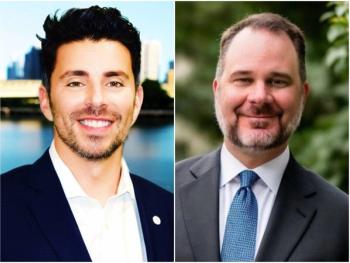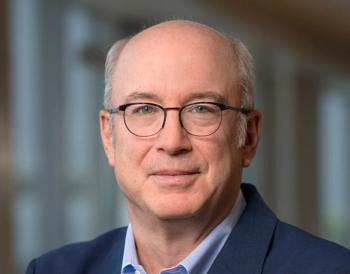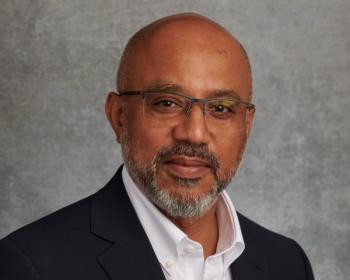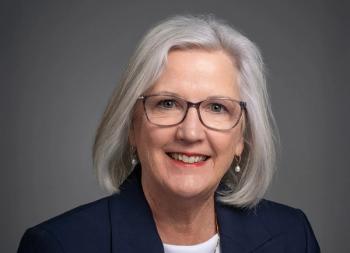
Smaller health businesses are adopting AI
More organizations, including smaller practices, are turning to AI. Liz Wilke, an economist for Chase, talks about AI in the latest episode of Healthy Bottom Line, a podcast from Chief Healthcare Executive.
More health systems are incorporating artificial intelligence, and even smaller organizations are adopting AI tools.
More than half of healthcare firms (51%) are expanding their use of AI, and 41% are experimenting with different tools, according to a Chase survey of business leaders released in July.
“Health care has a lot of use cases that are really ripe for AI,” says Liz Wilke, chief economist of business intelligence for Chase.
Wilke talked about AI in health care and other business trends in the latest episode of Healthy Bottom Line, a podcast from Chief Healthcare Executive®.
More healthcare organizations, including mid-size and smaller firms and practices, are incorporating AI tools and technology into their businesses, she says. As many are struggling with recruiting workers, many are turning to AI tools out of necessity.
“There's such a demand and a scarcity for people in healthcare, generally speaking,” Wilke says.
Healthcare organizations are also increasingly using AI tools to help them keep staff, with burnout and attrition being consistent challenges for providers. More organizations are looking at AI solutions that can automate some processes and also remove some bureaucratic tasks from their workers.
“I think AI tools really excel in taking that burden off of the humans that are doing a lot of the care labor, and just automating that to free up their time to do more of that human work that's so essential to quality caregiving and health care,” Wilke says.
More health systems and health organizations are going to be utilizing AI to help staff do their job, particularly with
With more doctors reaching retirement age, healthcare firms are going to be able to take advantage of hiring younger talent that has more familiarity with AI and digital tools.
“You need to fill that pipeline with younger people who are going to be more digitally savvy, more interested in integrating digital tools, and who will be less accustomed to kind of doing it the way it was always done,” Wilke says. “So that even may open up opportunities for more expansion of AI adoption in order to affect those bottom lines and to help keep a lot of these small practices, especially, you know, solvent and operating and caring for people in their communities.”
Healthcare organizations are also worried about
“As technology advances, there are going to be more and more ways for cybersecurity scams, fraud, payment schemes, data breaches, to affect even a pretty small practice,” Wilke says.
“I suspect that a growing number of healthcare providers actually have personal experience now,” she adds.
Plus, she says the survey indicates greater risks to smaller healthcare organizations. Cybersecurity experts have said
“Yeah, I think the fact that it is a leading concern for a little over a fifth of the businesses in our survey means that it can't just all be large organizations that are the targets of these kinds of attacks, and they are increasingly filtering down to smaller organizations, and that it is becoming, as a result, a much stronger concern, sort of across the industry.
In a wide-ranging conversation, Wilke also talked about the potential impact of tariffs, the uncertainty in the economy and federal policy, and why so many organizations remain optimistic about prospects for growth.
Check out the full discussion in our podcast. You can subscribe to Healthy Bottom Line wherever you get your podcasts.































